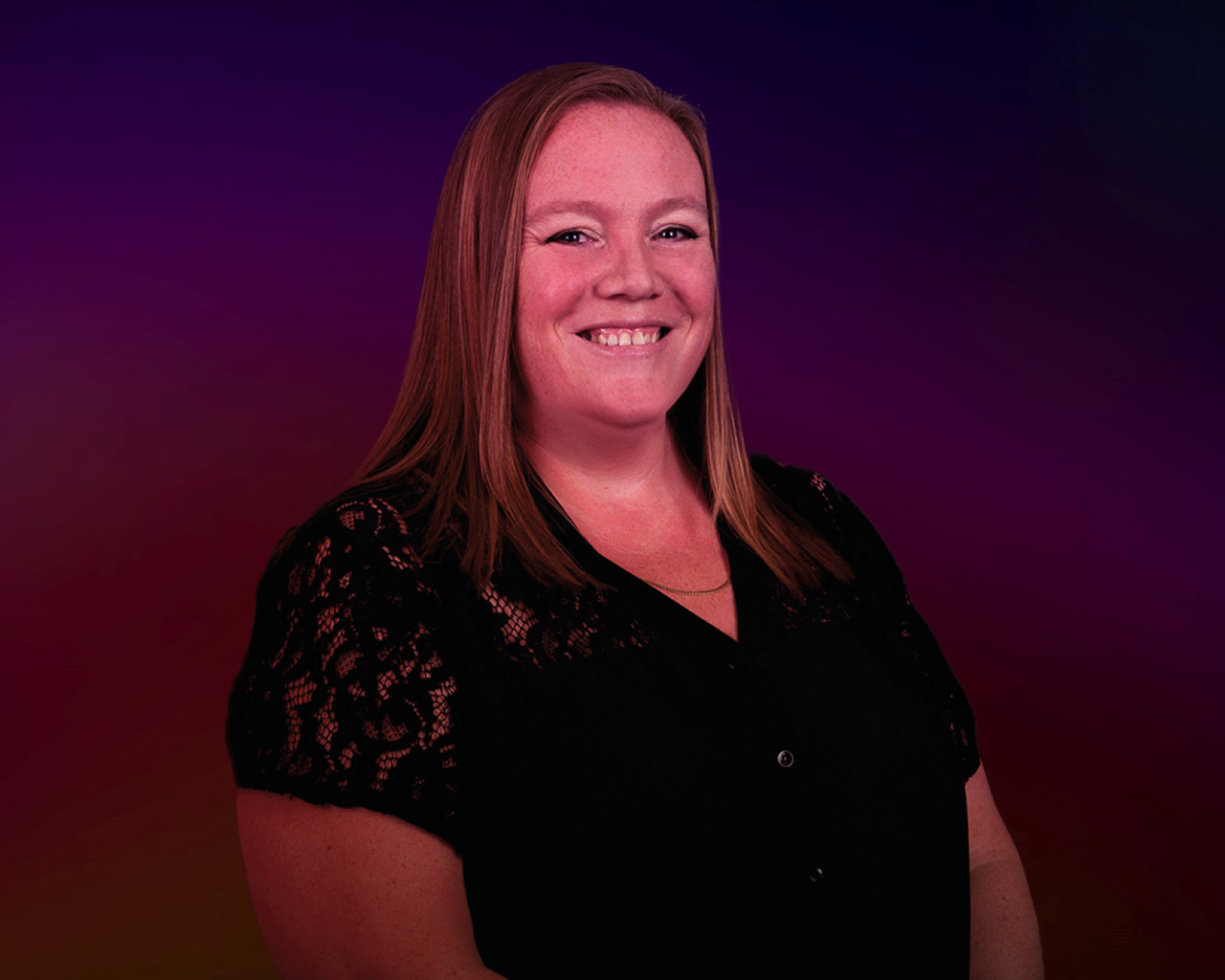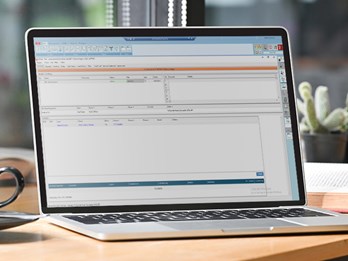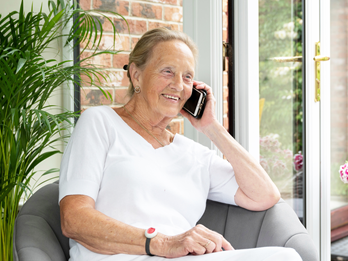No ordinary job
No ordinary job | What it takes to be a Call Operator at Tunstall Response
Sep 13, 2023
 |
Becky Lowman is Training Manager at Tunstall Response, a specialist monitoring centre offering 24 hour support to people using Tunstall Healthcare’s community alarm, scheme equipment and telecare. She talks to us about what happens once an alarm call is sent. It takes a special kind of person to handle calls at Tunstall Response. You need to be compassionate, but retain enough perspective to be able to do your job effectively. You need to empathise but also be emotionally resilient. You also need to be able to remain calm under pressure and prioritise. |
Training matters
My job as trainer is to build upon these natural traits to equip our operators to give the best possible service. We’ll recruit for specific shift patterns to cover the fluctuating levels of call volumes we experience. Some operators may work 12 hour shifts on a four nights on, four nights off basis. Some work 12 hours a day for no more than 3 consecutive days before having 2 consecutive days off. Others may work shorter shifts or on specific days. Initial training takes three weeks, starting with theory and then handling calls sitting side by side with an experienced operator. After this we operate a two week buddy programme, where they’ll handle calls alone but with the safety net of an experienced operator working close by. I also deliver ongoing training, for example, if we have a new customer or there’s a change to call handling procedures. An operator will typically answer around 150 calls per shift. These can be everything from accidental activations or test calls which are usually very short, to more complex situations which could involve third parties and the emergency services and take an hour.
Confident communication
As well as procedural training, we also educate our operators on softer skills, so that they are confident in connecting with people who have differing needs. For example, they’re all trained in identifying how someone with dementia might sound and feel, and how to use grounding techniques to help them feel reassured that they’re at home and safe. The service user may be distressed, wondering where their late partner/parent is or why their children aren’t home from school. We use grounding to help them focus on familiar items in their home if they’re agitated, such as concentrating on a photo and talking about who’s in it. The system gives us details like names of pets so we can use these to help calm them down. We’ll also call family members, and bring in professional help if we think it’s needed. Most of our operators have personal experience of knowing someone living with dementia and so it comes naturally to them to communicate with people who have the condition.
The extra mile
Working at Response makes us uniquely placed to identify any changes in patterns of behaviour, as we have regular callers and will notice if calls are gradually or suddenly escalating in volume. We can contact family or carers to check on them to make sure they’re ok, and on occasion get in touch with the relevant local authority or housing provider we’re monitoring on behalf of if we feel we need to escalate our concerns. They can then review care plans and make sure they’re adequate.
We can’t offer clinical advice, but we can ask the right questions. If someone calls in saying they’re feeling unwell we will try to gather as much information as possible; for example if they haven’t been drinking much fluid which may indicate a UTI and associated confusion. We can then pass this information on to help with treatment.
More recently we’ve been receiving calls relating to the UK’s phone network moving from analogue to digital and how that might affect their service. We advise service users to make sure they tell their communications provider that they have a community alarm, and to put a test call through to us before the engineer leaves to make sure their system is working as it should.
Follow your feelings
There is one thing that I can’t deliver training on, and that’s gut instinct. It’s something essential to our operators; if you have a feeling that something isn’t quite right then you need to follow this and raise this with a line manager or senior, and together agree a plan of action. This happens quite often, and almost always these instincts prove to be right.
Tough calls
There are some challenging parts to the job. Obviously, we deal with distressing situations, such as accidents, ill health and domestic violence. In those times we support each other, and operators can always take a moment if they need to. Some particular calls stay with you, and it can be hard because we rarely get to know the outcome. It can also be difficult to move on from some calls; we may have established that someone is safe and doesn’t need emergency help but they clearly would like to stay on the line to talk. Operators have to find a balance; we’d love to keep talking but we also need to answer all the other calls as quickly as possible.
We are family
It sounds like a cliché but we really are a family at Response. We spend a lot of time here together, often on 12 hour shifts, and deal with some tough situations, so it’s really bonding. And because we only recruit those special kinds of people, it means despite our differing home and professional backgrounds, we all have a similar outlook. We care as much about our colleagues as we do our customers and service users. There is a fantastic team spirit and I’m proud to be a part of it.
Every call makes a difference. They may be short and sweet or long and tough, funny or emotional, but we know the difference a voice on the line can make to someone and that means we go home happy.



